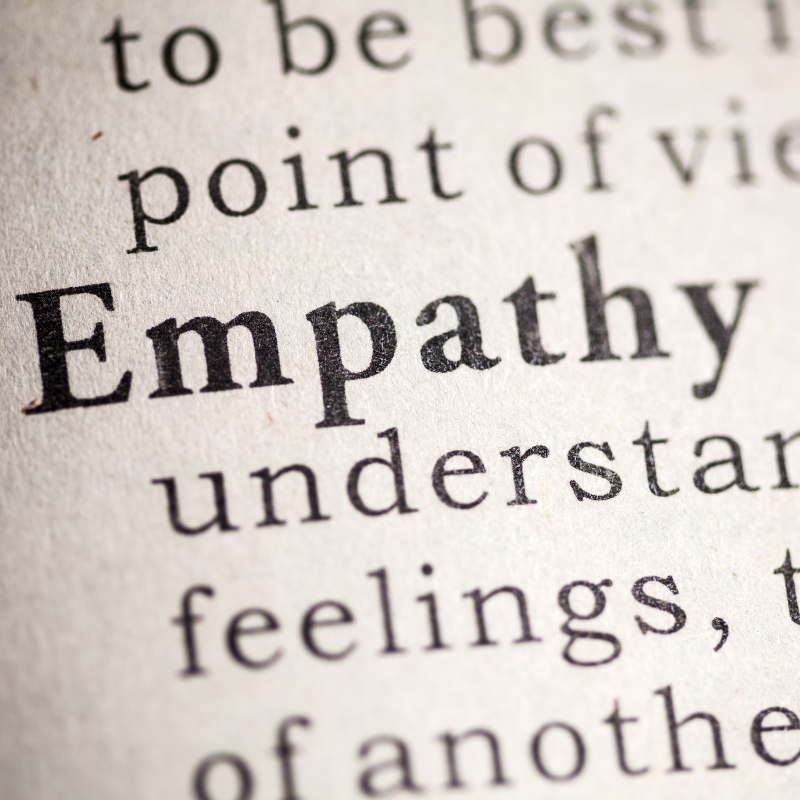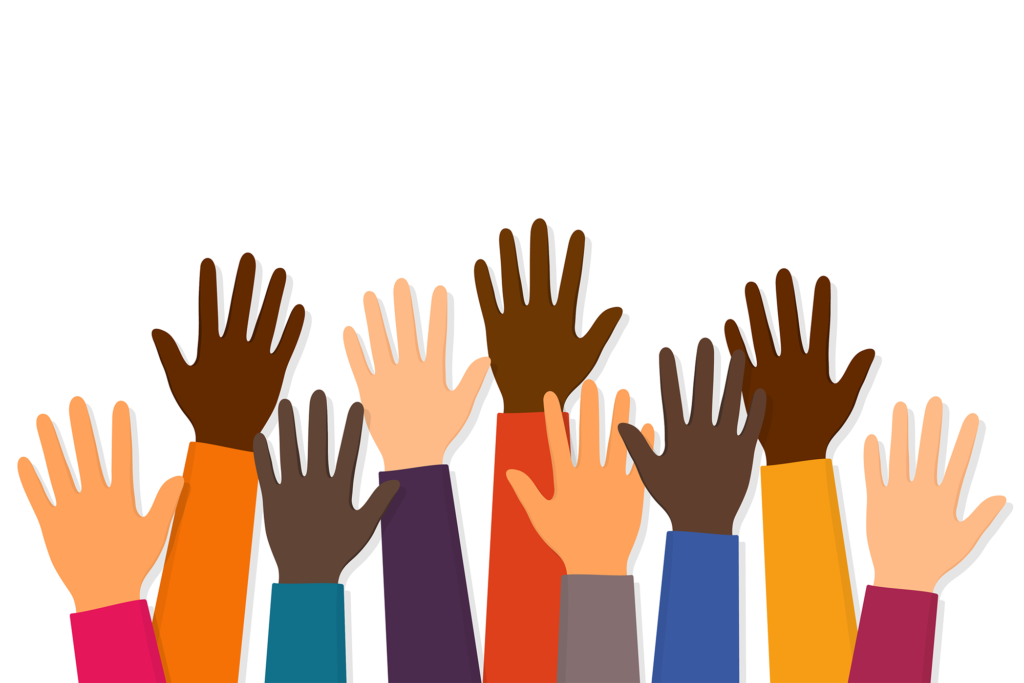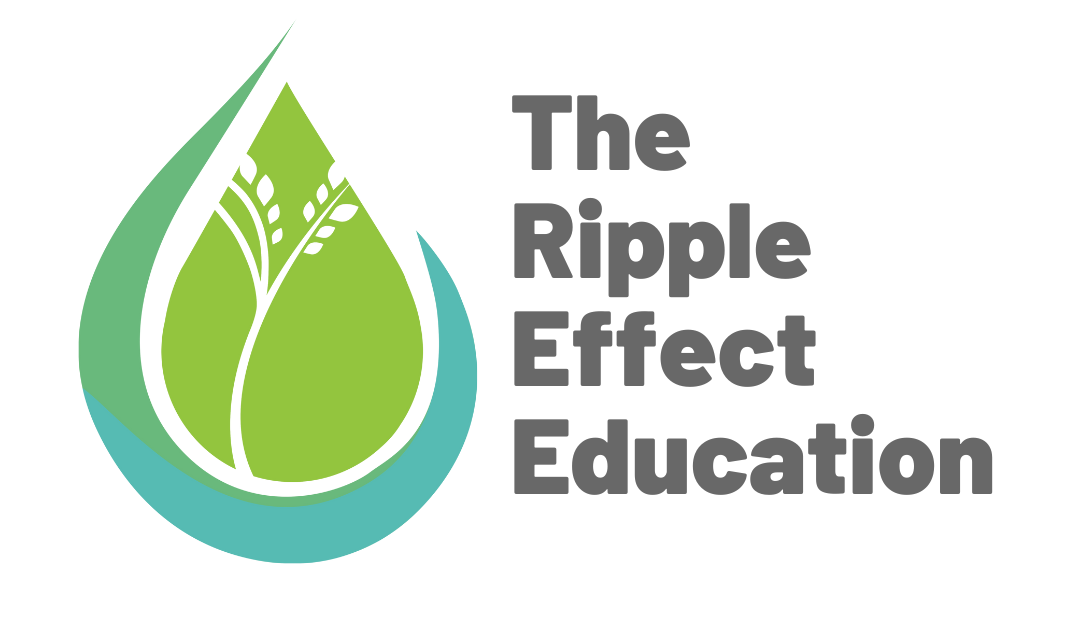Fostering Connections: The Role of Empathy in Our Lives

We live in a society where we’re constantly encouraged to be positive, find the silver lining, and “stay strong.” But what if that advice isn’t always what people need? What if, instead of trying to fix things, we simply need to be present with others in their pain? That’s where empathy steps in, making a […]
The Constant Companion: How Our Inner Voice Shapes Communication

Assume you’re talking with a friend. As they speak, your mind is racing with ideas and reactions. This is your inner voice, the constant dialogue that shapes how you receive information, formulate answers, and ultimately interact with the world around you. Far from being a passive observer, your inner voice serves as a powerful filter, […]
Navigating Conflict: Essential Skills for De-Escalation

Conflict is a natural part of life. Whether it’s a disagreement with a friend, a debate at work, or a clash of ideas, conflicts are inevitable. But here’s the good news: you can de-escalate conflicts effectively, turning them into opportunities for growth and understanding. Let’s dive into some essential skills for de-escalation, including staying calm, […]
Understanding Compassionate Empathy: Connecting with Others on a Deeper Level

Empathy is a basis of human interaction, allowing us to understand and share the emotions of those around us. Among its various forms, compassionate empathy stands out as particularly impactful. While emotional and cognitive empathy focus on understanding, compassionate empathy goes further, driving us to take action to aid in relieving the heavy emotions another […]
Exploring Peace: Israeli/Palestinian Youth Navigate Conflict in Powerful Documentary

The world has united in many ways to support Ukraine and voice their concerns for the ongoing violence that Russia is imposing on them. It can be difficult to comprehend how peace skills can make a difference when such large conflicts are taking place around the world. However, I try to remind myself that the […]
How Students Can Get Engaged with Online Learning

During the past two years, we have had to change our lifestyle to accommodate our health and those around us. We changed the way we socialized, the way we greet each other, our work environments, and most importantly the way we receive information. However, even though we shifted to virtual learning, the general teaching style […]
Teaching Children the Importance of Getting Involved in Social Justice Issues

Growing up it has always been perceived that children are too young to learn about the harsh truths of the world and are kept in the dark from social justice issues. As a visibly Muslim woman, I have been exposed to learning about social justice and diversity at a young age. Although, living in Canada […]
Strategies to Name our Emotions

Emotions are something we all feel, but when it comes to taking the time to name, can remain a challenge to navigate. Here at TREE, we use “I-statements” for the importance of implementing this strategy within scenarios of conflict to help communicate our true feelings. To use an I-statement, fill in the blanks: “I feel____when____”. […]
Reframing: How to Shift Your Perspective in Conflict

When we hear a hurtful comment in a conversation, it is challenging not to respond from our feelings. Our emotions can be helpful to us but they can also derail us. During one particular conversation with a friend, I had intended to comfort them but my impact turned out to be harmful. Tension began to […]
Giving and Receiving Feedback Effectively

We often hear the word “feedback” used in many different situations, whether at work, school, or even just when a friend wants our opinion on their new haircut. But what is feedback, and how can we use it effectively? Feedback is a response to a message by someone else. Feedback can be given verbally or […]

